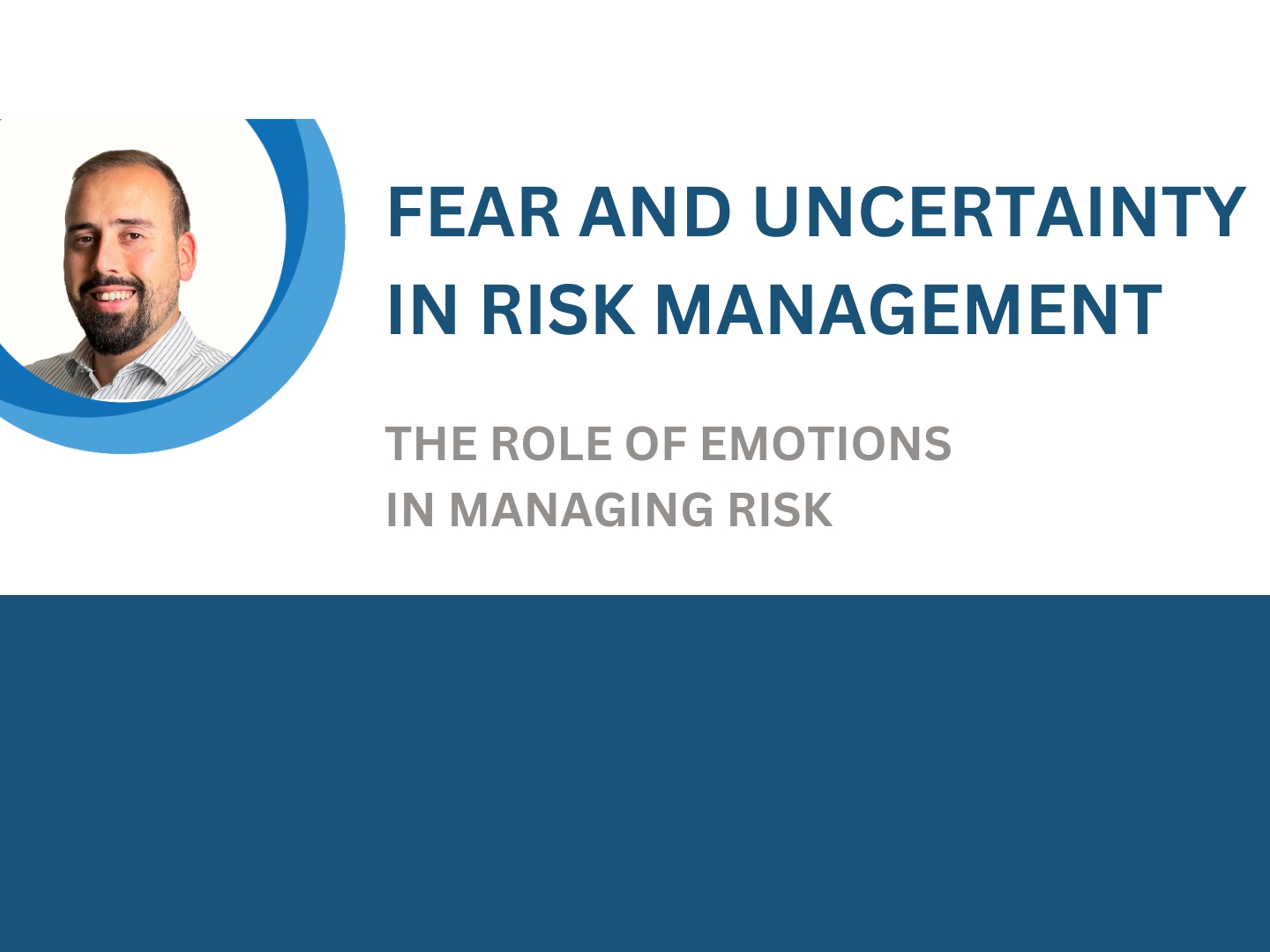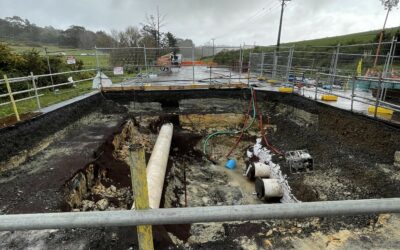How Emotions Get in the Way
Risk is often presented as a dry, boring subject with a lot of numbers and statistics. It is. But this is also misleading. Fear or worry are helpful emotions for identifying risks while also causing us to overreact to minor risks.
Uncertainty is both a feeling and a state. I believe uncertainty is the single most underrated factor in risk management. We simplify it to likelihood, but it affects every column in a risk assessment spreadsheet and more. It can also explain some irrational behaviour in risk assessments.
Fear
When we go through a painful experience, we develop a fear response similar to an immune response caused by a cold. The fear response is activated when we can foresee a similar situation to the one that hurt us in the past. This is healthy. Experienced operators have a strong risk immune system hardened through years of exposure to issues.
We can use the fear response of experienced operators to identify a lot of risks, but our fear response to a risk doesn’t always match the size of a risk. The amount of pain that causes a fear response is typically forgotten.
The temptation is to rate risks as more severe or likely based on your personal experience. Fudging of risk values based on emotions or intuition is very common, even in highly technical or rational groups.
I have seen this repeatedly in risk assessments and even been guilty of it myself. This can be okay, but sometimes it can result in overreactions. Overreactions show up as nice to haves and expensive control measures.
Uncertainty
Uncertainty is subjective and very personal. The perceived likelihood of an outcome is dependent on how the scenario is described, the persons individual optimism, their experience and the social dynamics of the room. Uncertainty can also present as doubt, ambiguity or an absence of knowledge.
When we think about uncertainty in a risk context, we often look at the likelihood or probability. However, uncertainty affects every element of risk. I will likely write another article on uncertainty as it is such a broad subject, but for now I will highlight many of the different uncertainties in risk assessments to highlight how much we underestimate it.
Types of uncertainty:
- The type of harm (consequence). We don’t know what harm will occur.
- The magnitude of the harm. We don’t know how bad it will hurt.
- The probability it will occur. We don’t know how likely it is to occur.
- When it will occur.
- How it will occur. We typically pair a consequence with a cause which may be wrong.
- Control to harm fit. Whether or not a control will mitigate a particular type of harm.
- Control effectiveness. How well a control will mitigate a harm.
- Probability of Control performing as expected. What is the likelihood that a control will perform as expected.
- Incorrect knowledge of the system. Our world view may be incorrect. This is especially true with underground services.
We often aren’t even aware of these uncertainties while assessing risk. A common issue arises due to uncertainty over whether a control will perform as expected. Experienced operators and engineers know that a non-return valve will inevitably fail and when it does, we likely won’t find out until the next control fails. Similarly, faith in human driven controls can be very low due to human error. These discussions can result in arguments over what level of control is reasonable.
Hopefully this article has provided a different perspective on the role of fear and uncertainty in risk management. Please comment below with any interesting stories about risk assessment you have seen or any other types of uncertainty that I have missed.
Read More
Why Your Project Feels Gold-Plated and why it isn’t expensive consultants and overpriced contractors
Why operations are holding up your commissioning and why they aren’t just being difficult.
About the author: Benjamin Demmer-Knight is a Chemical Engineer with 10 years of experience in water treatment operations and engineering and is the managing director of Water Treatment Engineers NZ.





0 Comments